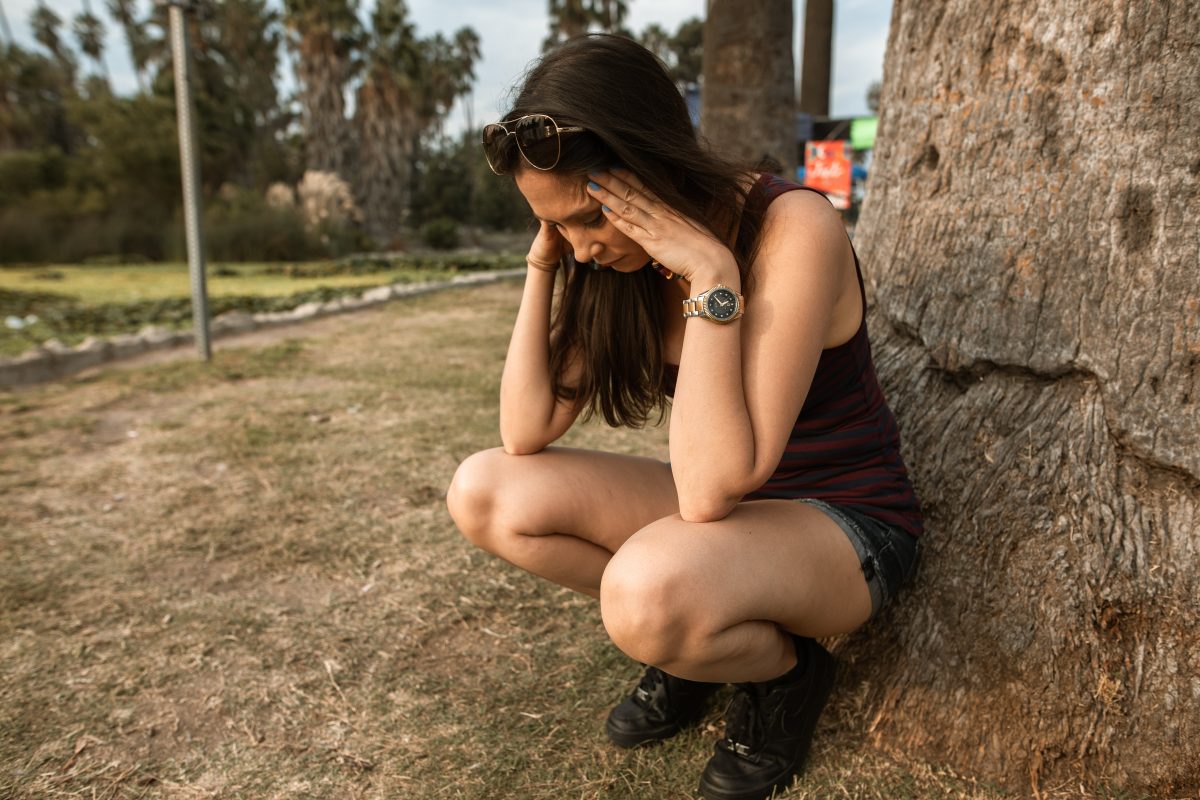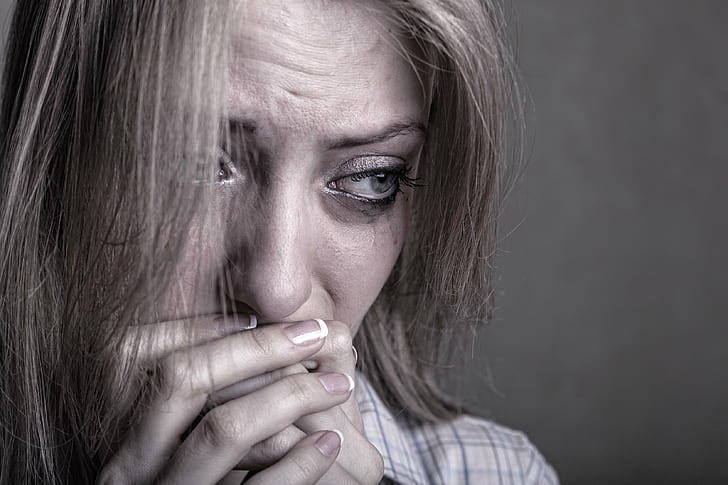Travel Anxiety – Tips to Enjoy Stress-Free Journeys

Traveling can be a great way to discover new places, make lasting memories and get away from your daily routine. For some people, even the idea of traveling can cause anxiety. Travel anxiety is caused by a variety of factors including the fear of the unfamiliar, safety concerns, and the stress associated with planning. This article provides practical tips for a stress-free trip and maximizing your travel experience.
Part 1: Understanding Travel Anxiety
What is travel anxiety?
Travel anxiety is anxiety that occurs when you plan or think about a trip. Travel anxiety can be manifested as stress, worry or full-blown panic, which makes it difficult to enjoy the experience of traveling.
1.2 Common Triggers
Travel anxiety is often triggered by:
Fear of the unknown – The unfamiliarity with a new culture, destination or language may be frightening.
Anxiety can be caused by concerns about safety, such as travel-related accidents or health issues.
Stress from planning and organizing your trip can be overwhelming.
Separation anxiety can be a result of leaving home and loved ones.
Part 2: Planning and Preparation
Research Your Destination
Knowledge can reduce anxiety. Learn about the culture, safety, and customs of your destination. Knowing what to expect will help you feel in control and less nervous.
Create an Itinerary Detailed
A detailed itinerary will help reduce stress. Include details about the transportation, accommodation, activities and emergency contacts. A structured plan can give you a feeling of security.
2.3 Pack Thoughtfully
Packing can cause anxiety. Make a list of essentials and create it well in advance. Use packing cubes and bags to reduce stress while searching for items.
2.4 Travel Apps to Stay Organized
Travel apps simplify your trip. Apps can be used to book flights and accommodations, track expenses, and find local attractions. Travel apps can provide you with real-time assistance and updates, which will make your trip more enjoyable.
Part 3: Safety concerns
3.1 Safety precautions
Travel anxiety can be reduced by taking safety precautions. Some of the measures are:
Share your itinerary with a family member or trusted friend. Give them copies of important documents.
Consider buying travel insurance to cover cancellations, medical emergencies and other issues.
Local advice: Ask locals or fellow travelers about safe places and precautions.
Be informed about local health
Understanding the local health conditions before you travel is important. You should research potential health risks, and make sure you are prepared with the necessary medications or vaccinations for your destination. Keep a first-aid kit on you for minor injuries.
Part 4: Managing your Journey
4.1 Practice Relaxation Techniques
Relaxation techniques can help you manage anxiety during travel. Meditation, deep breathing, and mindfulness are all great ways to calm your nerves.
Stay Connected
Staying in touch with family and friends can be comforting, especially in today’s connected world. You should have a means to stay in touch with your family and friends. This could be through social media, messaging apps or phone calls.
4.3 Embrace Flexibility
Flexibility is just as important as planning. Be prepared to adjust to changes that may occur. Traveling rarely goes according to plan. Flexibility can reduce anxiety.
Part 5: Mindset and Self-Care
Prioritize your own self-care
Even when traveling, maintain your normal self-care routines. Sleep well, eat healthy meals and exercise. Neglecting your own needs can increase anxiety.
Challenge Negative Thoughts
Negative thoughts and catastrophic thinking are often the cause of travel anxiety. These thoughts can be challenged by re-framing and evaluating them. Positive affirmations are also helpful.
Embrace your journey
Instead of focusing on the destination, focus on the journey. Enjoy the sights and sounds of your trip. Enjoy the unexpected and embrace the adventure.
Part 6: Get Professional Help
When to seek professional help
Consider seeking professional assistance if your anxiety about travel is severe, and it significantly affects your ability to enjoy your trip. A therapist will help you manage anxiety and enjoy your travels.
The conclusion of the article is:
It can be difficult to manage travel anxiety, but the right strategies will help you enjoy a stress-free trip. Travel anxiety can be managed by planning and preparing, addressing safety issues, using relaxation techniques, being flexible, and prioritizing your own health. You can create lasting memories and savoring the wonders of travel by adopting these steps.









